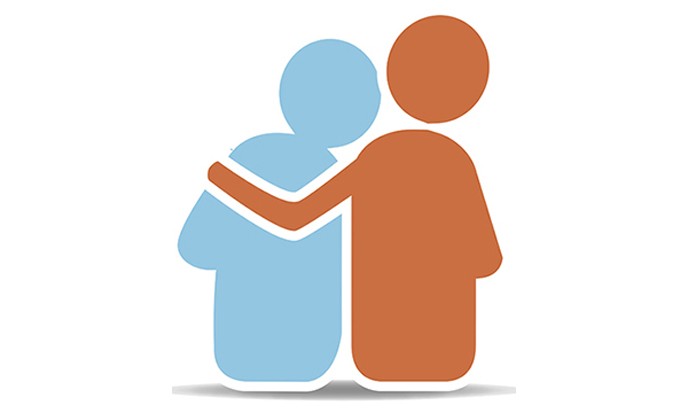
In our materialistic world of today, other than for the family, death is hardly seen as a ‘period’ of grief

All who are alive will be gone one day. That’s the bitterest reality of life. Death is not a pleasant experience for those left behind -- relatives, friends, your near and dear ones undergo stress, grief and trauma depending on the degree of intimacy with the deceased.
For a terminally ill person, the family and friends often live with the guilt of being helpless and not being able to do enough to ease their pain. If a death occurs too suddenly, it comes as a rude shock that is even harder to deal with.
In our materialistic world of today, other than for the family, death is hardly seen as a ‘period’ of grief. People even go to the extent of judging the aggrieved, sometimes saying or asking things that should rather be avoided; and when they get ‘bored’ of the rituals of prayers (and putting up a sad face), they start to gossip. While the thoughtless ladies find a funeral to be a good occasion to exhibit their latest branded outfits, the gents are often more concerned about grabbing chicken leg pieces in the curry.
We are a people with the bad habit of being intrusive. Recently, at the funeral of a lady, I saw her daughter wanting to give her dead mother a farewell kiss, but the minute she bent down to do so she was reproached and told that it wasn’t ‘permitted.’ Even though the girl did not listen to anyone, I found it insensitive that you should not be able to hold your loved one, the one last time, because it is not acceptable to many. Of course, another battle that females face is when they want to come along to the graveyard for the burial and they are strictly prohibited!
The children, on the other hand, are completely at a loss in the entire affair, especially those who have not been ‘told’ about the meaning of death. They don’t understand how a person who was walking about and talking a minute ago should be lying static on a bed designed for the funeral, all wrapped in a white sheet. It takes a toll on them, too, and they often end up hibernating or becoming irritable. That is the time when they need their elders’ support. But, in our society, the concept of support system and help does not seem to exist.
As times change, traditions are modified. However, there are families around us who still religiously follow the age-old norms. Consider, for instance, ‘Dastaar bandi,’ a turban-wearing ceremony. This is usually done on two occasions -- on the wedding day, or after the death of the paterfamilias when the eldest son is made to wrap the turban round his head as a mark of succession in the presence of the entire family.
I was witness to this recently, on the third day (or the Qul) of someone’s death. Even though the son was an adult, I felt that it wasn’t the time to burden him with responsibilities as the new head of the family, as he hadn’t dealt with the grief in his soul yet.
The prayers after the reading of the Quran and during the various occasions associated with death are another issue for many. While many prefer a simple ceremony, others like to make it an occasion where a tussle takes place between the Qari sahib and a family member over which prayers to recite!
No matter what we do, how big a name we earn in our lifetimes, and how many digits our bank balance boasts, the cycle of life has to end one day, and that is why it is important for people to be more empathic towards each other than creating unpleasantness among relations you would otherwise cherish.